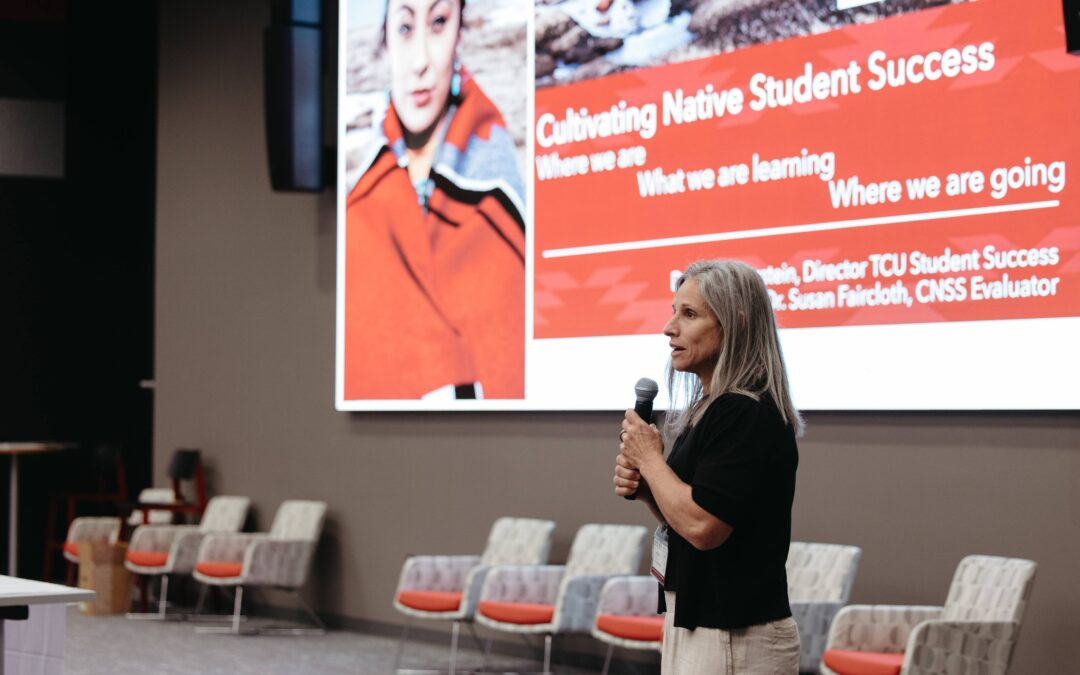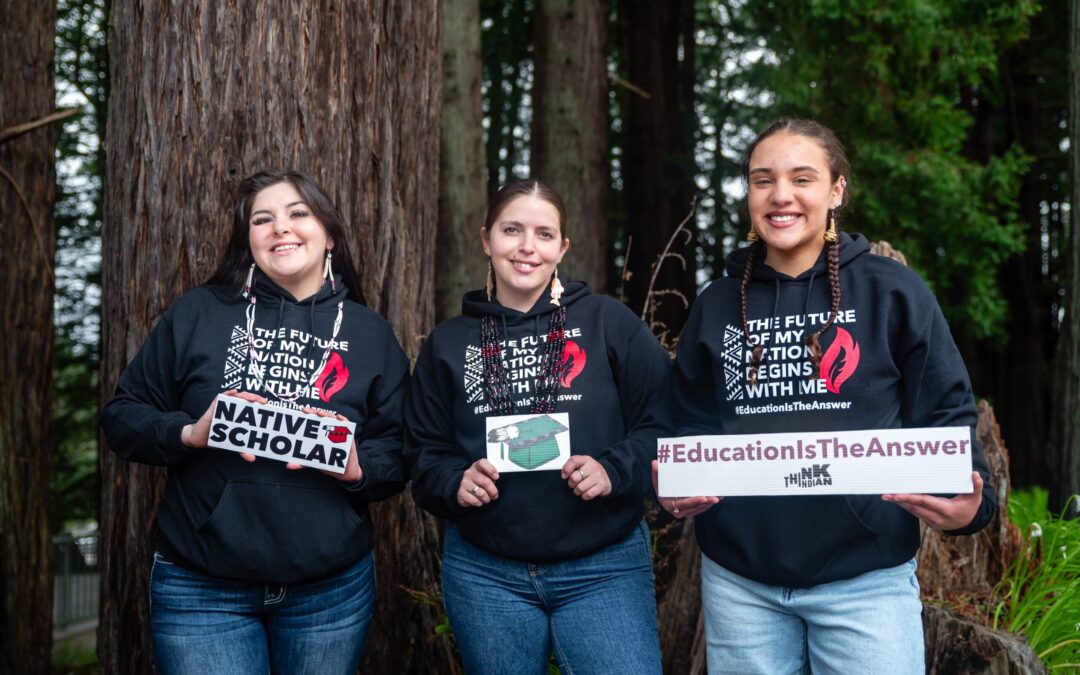For 15 years, the American Indian College Fund’s Flame of Hope Gala has been vital to raising money for scholarships and tribal college support. This year the event, held at the Seawell Grand Ballroom at the Denver Center of the Performing Arts in Denver on Thursday, Oct. 14, raised $385,000.
Entertainment by Big Head Todd and The Monsters
During the late ’80s and early ’90s, the Colorado band Big Head Todd & the Monsters built their audience through touring and playing college towns across the country. With these tours, they built a solid fan base before they had even signed to a major label. Founded in 1986 by then-University of Colorado students, Todd Park Mohr (lead vocals and guitars), Rob Squires (bass), and Brian Nevin, they became one of the region’s most popular acts with1993’s Sister Sweetly, which went gold and stayed in the charts over a year. It included the chart-topping songs “Bittersweet,” “Broken Hearted Savior,” and “Circle.” Funky, lilting, and melodic describes their ninth studio album, Rocksteady, released in July of 2010 and includes keyboardist, steel guitarist, and backup vocalist Jeremy Lawton, who joined The Monsters in January 2004.
CBS Journalist Hattie Kauffman to Emcee
Hattie Kauffman (Nez Perce), an award-winning news reporter on the CBS Morning Show, believes that a college education is the key to social and economic renewal in Indian Country. She has announced that she will serve as the mistress of ceremonies for the Fund’s annual gala this year, a role she has served in for two years, delighting audiences with her grace and humor. With so many Native organizations competing for support, Kauffman said, “I support the American Indian College Fund because it is effective. It has a proven record of making college possible for people who might not otherwise ever see a campus.” A college education is life-changing, she said, and “the beneficiary is not just the graduate, but his or her children, and their children. Siblings benefit because they see their brother or sister graduate, and think ‘Hey, maybe I can, too.’ The entire community benefits when tribal members become better educated. It’s the kind of thing that is more than a ‘ripple effect’. The good that is done is exponential.”









